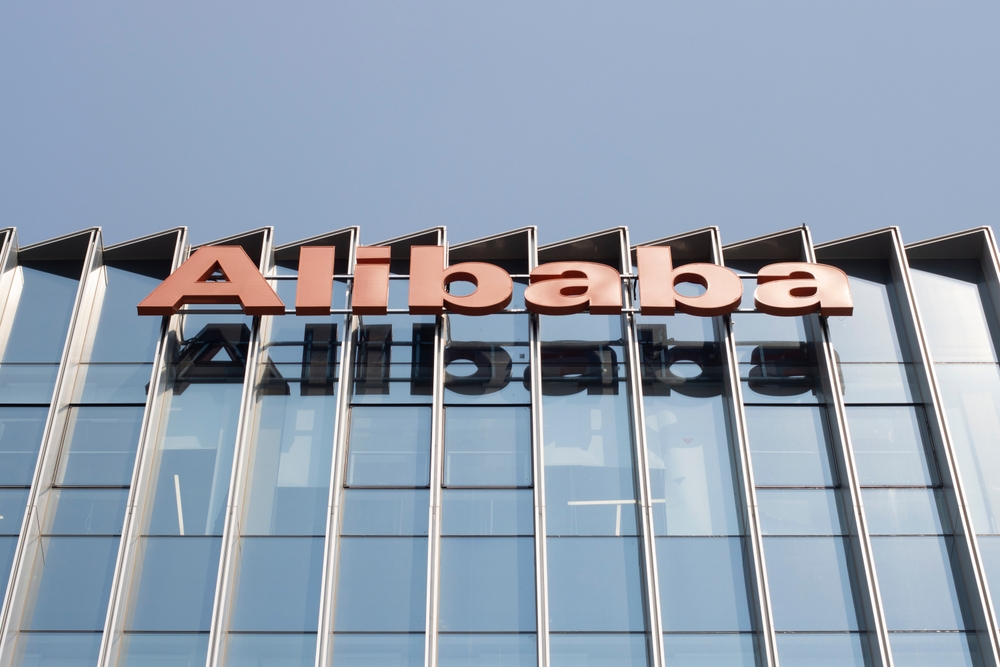
Alibaba Group’s (BABA) foray into brick-and-mortar was short-lived after the e-commerce giant announced it would offload its controlling stake in a Chinese department store—a move the company said would allow it to focus on its core business.
After a rocky week, BABA stock closed on Dec. 18 at $87.15. Since reaching a nearly two-year high in October, BABA stock is down more than 25%.
The sharp reversal has erased most of BABA’s gains for the year. The stock is up just 12.5% in 2024 and its total market capitalization stands at around $209 billion.
The e-commerce giant is going back to basics after announcing the sale of Chinese department store Intime for roughly $1 billion.
Alibaba acquired the brick-and-mortar chain in 2017 to consolidate its retail business. But after seven years, the company decided to walk away from Inline, recording a $1.3 billion loss in the process.
“I think in the short term Alibaba just doesn’t have the attention to actually do offline retail and do it well,” said Momentum Works founder and CEO Jianggan Li.
To Li’s point, Alibaba has been increasingly focused on its core business following a managerial shake-up last year. The company has been struggling to remain competitive in a crowded Chinese market where retail spending has been reduced since the pandemic.
Alibaba’s pain-points
Alibaba used to be synonymous with Chinese e-commerce, but that all changed during the pandemic as companies like Pinduoduo and ByteDance capitalized on “social commerce.”
These companies proved far more nimble and creative by tapping into TikTok challenges and short-video trends to promote their products.
Alibaba has also been subject to intense regulatory scrutiny, partly due to founder Jack Ma’s outspoken criticism of government authorities. The country’s antitrust regulator fined Alibaba a record $2.8 billion for operating an unfair monopoly.
The company responded to government scrutiny by announcing a six-way split, which broke Alibaba into smaller business units.
Although investors were initially enthused by the idea, optimism would quickly fizzle as Chinese stock markets crashed in 2023 and 2024.
In fact, Alibaba has suffered from the one-two punch of plunging stock markets in its home country and foreign investors unloading their Chinese shares.
As Bloomberg reported, foreign ownership of Chinese stocks has declined for two straight years.
Investors and analysts have clearly soured on BABA stock, with some forecasters warning that the company doesn’t have much to offer beyond its core e-commerce business.
For example, analysts from China Merchants Securities valued Alibaba’s cloud business at just $7.6 billion—much smaller than initially hoped.
These factors largely explain why Alibaba’s share price remains 70% below its all-time high reached in 2020.
Your email address will not be published. Required fields are markedmarked